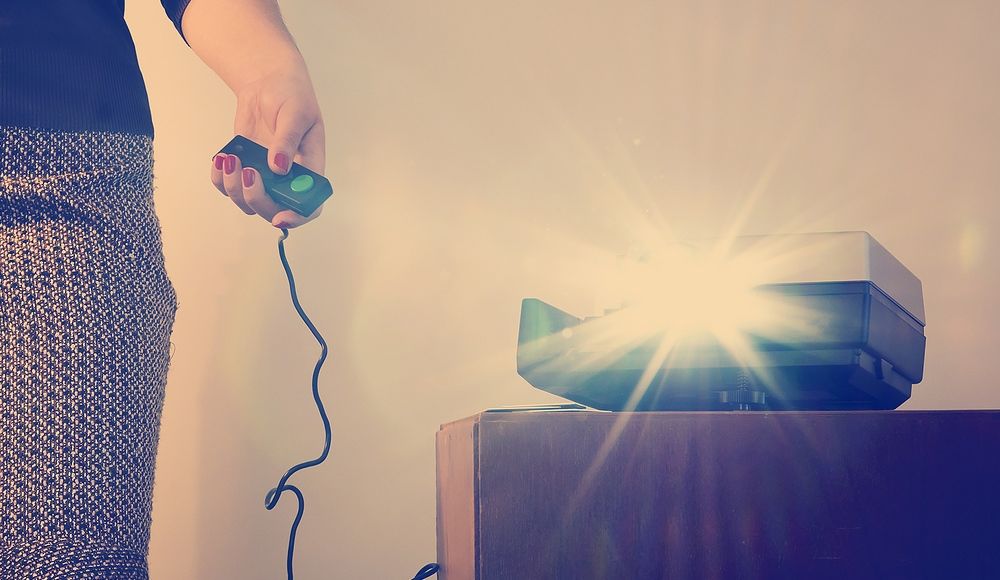The 3 ’Mini-Habits’ of Productive People

Have you ever wanted to change the way your work impacts your life? If so, you’re not alone.
At VitalSmarts, we recently asked more than 800 people this same question. We found that three out of four people have wanted to be more productive, less stressed, and more present. Despite this prevailing desire to change the way work impacts our lives, less than one-tenth of the people we surveyed were actually successful at making such a change.
When it comes to changing habits, one thing that holds us back is trying to start big and complex new habits. When it comes to gaining more control over your work so you can have more focus in your life, we find that small, “mini-habits” used in the right moments actually produce massive impact. The key is to use these small habits as replacement habits for things you are already doing.
Here are three small habits that, when practiced regularly, can have a huge impact on your productivity and stress levels:
1. Live by the ‘Two-Minute Rule’
When most of us get an email, we quickly scan it. If it doesn’t seem urgent or easy, we delay the message. However, massive gains in time and efficiency can be realized when you immediately address any tasks that will take two minutes or less to complete.
If your email requires a three-second read and a quick “yes/no” response, do it now. If you need to send a quick text about the evening’s plan, do it now. Two minutes is the point below which it is easier to deal with something immediately than it is to store it and track it down later. In work environments that are heavy on email, we find about 30 percent of actionable emails can be addressed in two minutes or less.
2. Don’t Start Your Day With Your Email Inbox
One of the most common workplace practices is to review your inbox first thing every morning. However, that is exactly the wrong place to start your day if you want to increase your productivity and reduce stress.
Instead, take 90 seconds at the start of your day to review your calendar first, followed by your to-do lists. This 90-second habit allows you to focus on the right tasks rather than falling into the chaos of being driven by emails that you convince yourself are urgent.
3. Capture Everything You Need to Discuss With Your Manager on One List
It’s common to keep discussion items you want to review with your manager on multiple project lists, in emails, or in your head. Instead, you should keep one list called “@[insert manager’s name]” where you capture everything related to your manager. This small habit results in shorter and more effective one-on-one meetings. It also results in fewer emails sent after the meeting because you forgot something.
Let’s say your boss’s name is Alana. You keep a running list called “@Alana.” Whenever you think of something you want to discuss with Alana, you add it to that list. Then, whenever you see Alana or you have a one-on-one meeting, you can go straight to the list. This provides an outline for the meeting, and it saves you time spent culling through all your emails and project lists for things that might be Alana-related
–
In our experience, substituting a few new habits for old, ineffective ones will save you time and reduce stress. One of our clients was able to save each person in her 1,000-person division an average of 30 minutes a day. Use the three skills outlined above to get better control over what has your attention, so you can give your real attention to the stuff you care about most.
Justin Hale is a speaker, training designer, and Master Trainer at VitalSmarts.

